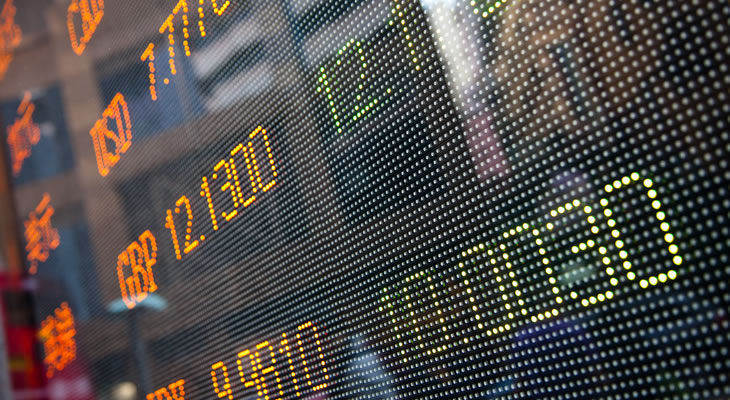Australian Dollar (AUD) Exchange Rates Bolstered by Weak US Dollar (USD)
The current poor performance of the US Dollar (USD) doesn’t bode well for the near-term outlook of the Pound Australian Dollar (GBP/AUD) exchange rate, particularly with the ‘Aussie’ Dollar already benefitting from a surge in commodity prices.
The US Dollar continues to be encumbered by investor apprehensions regarding the Fed monetary policy outlook for 2018, with weak, below-target inflation liable to limit the number of rate hikes in the year ahead.
Beyond this, Fed Chairman Janet Yellen is expected to be replaced by Jerome Powell in February; an event that could result in changes to monetary policy.
The US Dollar’s weakness tends to foster greater risk appetite within markets, with softness generally prompting the inverse reaction in its ‘Aussie’ counterpart.
On the data front, Australian manufacturing recorded its 15th consecutive month of growth on Monday, decelerating to 56.2 in December from 57.3 in the previous period but beating the forecast drop to 54.3.
Whilst this is a softer print, the figures released yesterday still present stable expansion in all but two months since July 2015 – marking the longest run since 2005.
AI Group Chief Executive Innes Willox expressed positivity in regards to the readings, stating:
‘December marked the 15th consecutive month of expanding or stable conditions in the manufacturing sector and adds to the confidence and momentum that has been building over the past year’.
Pound (GBP) Exchange Rates Encumbered by Cooling UK Manufacturing Sector
Pound Sterling (GBP) encountered some turbulence on Tuesday as a result of the latest December manufacturing purchasing managers’ index (PMI).
The survey revealed that manufacturing in the UK slipped from the previous four-year high of 58.2 to 56.3, missing the forecast of 57.9.
It should be noted, however, that this reading still reflects strong growth momentum (being above 50).
Rob Dobson from IHS Markit echoed this positivity, stating:
‘Although growth output and new orders moderated during December, rates of expansion remained comfortably above long-term trend rates’.
Beyond this, manufacturing in the UK only makes up some 10% of the economy, with the UK’s services PMI considered the far more significant economic indicator (due later this week).
As a result, the GBP AUD exchange rate remained in the Australian Dollar’s favour, though this was largely due to factors other than the soft UK ecostat.
BoE, RBA Rate Hike Prospects – What Can we Expect for the GBP AUD Exchange Rate?
Moving into 2018, markets are now focussed on the monetary policy outlooks for the Reserve Bank of Australia (RBA) and the Bank of England (BoE).
The current view of Mark Carney, Governor of the BoE, is that we can expect two further rate rises over the next three years, though he has not elaborated much beyond this, and such an eventuality will, of course, be highly dependent on the state of the UK’s economy in the months ahead.
The RBA, on the other hand, did not strictly mention a rate hike, though the sentiment within their latest minutes was mostly positive.
The December minutes revealed that their policy is consistent with sustainable growth, with the reaching of their inflation target taking priority.
So what does this mean for the GBP AUD exchange rate?
Essentially both banks are playing with the idea of tighter monetary policy in the year ahead, though the UK’s inflation rate already being well above target perhaps places the BoE as the more likely candidate for a medium-term rate hike.
The RBA is playing it safe, for the time being.
Ultimately, however, the economic performance of each nation will determine the likelihood of a rate increase, and subsequently the direction taken by the Pound Sterling to Australian Dollar (GBP/AUD) exchange rate.


Comments are closed.